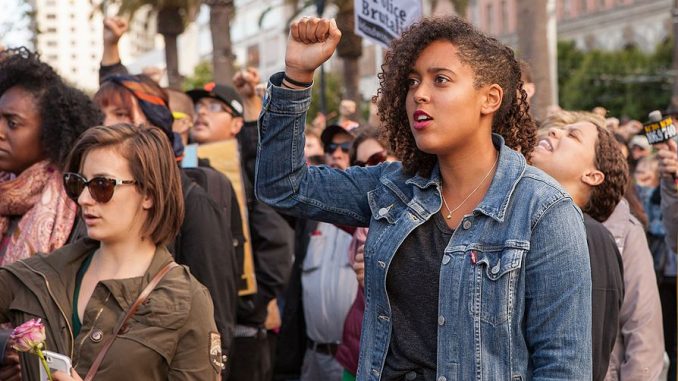
On January 20 working people around the country will celebrate Dr. Martin Luther King, Jr. Day. The holiday remains a symbol for one of the most profound struggles in the history of the U.S. – the struggle of the Black population during 1950s, 60s and 70s.
This explosive revolt shook every corner of society, inspired struggles across the globe, and showed the power of ordinary people to fight against oppression. In the Civil Rights Movement, young people, mostly from the working class, were at the forefront, and many of the leaders were women. Between 1955 and 1968, the walls of Southern segregation were torn down by the power of masses of people organized together. In just one decade, this movement put an end to racist policies that had been in place over half a century.
But despite these important gains, today we can see these struggles did not go far enough. They were unable to fully address issues of jobs, income, housing, education, police violence, and other aspects of racism and the exploitation of Black people. Many of the gains of these past struggles have been reversed, and in some ways the conditions faced by the Black population today are worse than fifty years ago.
Schools today are as segregated as they were in the 1960s. Districts with the most students of color receive 15% less per student in state and local funding than the wealthier white districts. In 2014, Black people with a college degree had an unemployment rate about as high as white high school graduates.
In many states the unemployment rate for Black people is twice as high as whites – in Washington, D.C. it is six times as high. Today, an average Black family has four times less in total wealth than they would have had thirty years ago. And Black families are still 2.5 times more likely to live in poverty than whites.
Today, we still confront a system that created and maintains racial divisions among working people. We are pitted against each other in an economy that offers fewer jobs. The racism of this society has long been a way for the wealthy few to impose their control and benefit from the problems their system creates for us.
Their system pushes increasing numbers of people into desperate poverty and straight into jails. Black people are 18% of the U.S. population and are 40% of the prison population. One in three Black males will be incarcerated during their lives and receive 19% longer sentences than white males. On average one in four people killed by the police is Black. About 1 in 1,000 Black men and boys in the U.S. can expect to die at the hands of police – that’s 2.5 times more likely than white males. This has created a true state of emergency for tens of millions of Black people.
Dr. Martin Luther King Jr. understood that the racism of this society was systemic and would never go away by legislative changes alone. Just months before he was assassinated, he said:
“There is something wrong with capitalism…The evils of capitalism are as real as the evils of militarism and racism…We must ask the question, ‘Why are there forty million poor people in America?’ When you begin to ask that question, you are raising a question about the economic system…When you ask that question, you begin to question the capitalistic economy.”
King was right: capitalism is the real source of poverty and inequality, and racism is still used as a tool to divide us in order to maintain this system of oppression. The question for today is whether we are ready to pick up where these past struggles left off and carry them further than they have ever gone. If we organize our power as working people, our struggles can bring an end to this system once and for all, and transform it so we can all live as free human beings.
Featured image credit: Pax Ahimsa Gethen, licensed under CC-BY-SA 4.0

